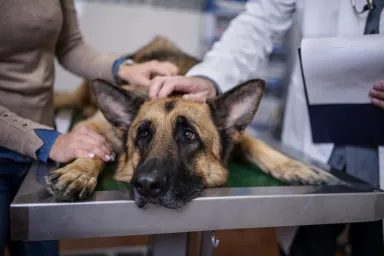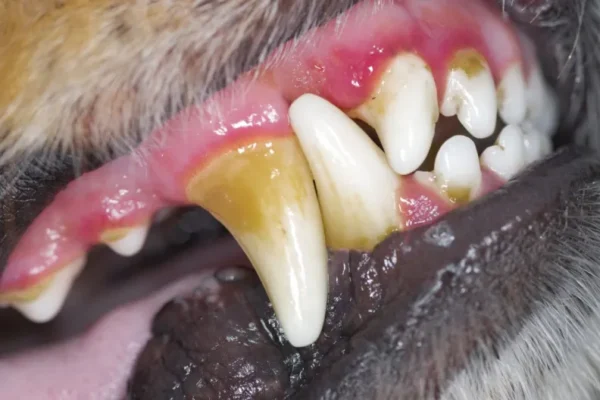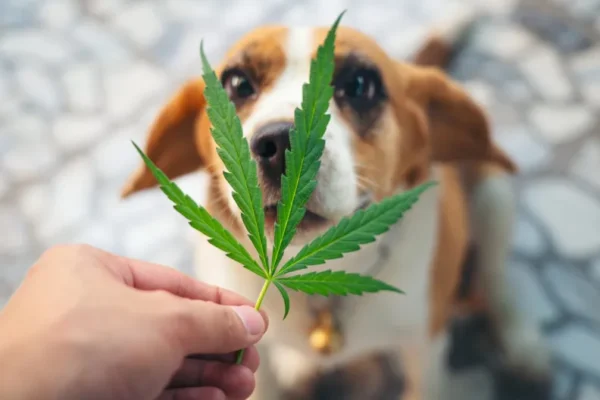
Acid Reflux In Dogs: Symptoms, Causes, & Treatments
Acid reflux in dogs, also called gastroesophageal reflux disease, happens when the acid and enzymes from the stomach and intestines that aid in digestion move into the esophagus. While the symptoms aren’t particularly life-threatening, they can cause discomfort. They can also be dangerous, as the acidic contents of the digestive system can wear away at the lining of the esophagus over time, leading to ulcers.





